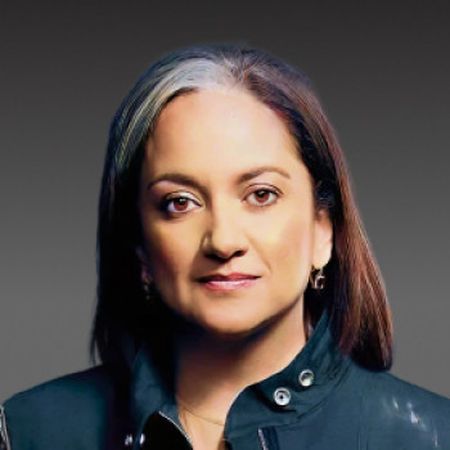At a skim, it’s a decent budget that Finance Minister Enoch Godongwana planned to table on Wednesday, 19 February before it was postponed because of irreconcilable fiscal differences in the Cabinet.
Once it became clear that the DA and other parties to the government of National Unity (GNU) would not support the Budget, President Cyril Ramaphosa called a last-minute Cabinet meeting on Wednesday to try to reach a consensus. He failed. The budget has been postponed to 12 March as parties iron out differences, primarily over a VAT increase from 15% to 17%.
The two percentage point VAT increase would have effectively led to hefty price hikes, which would have burdened an already stressed population bearing the brunt of high unemployment and high food and electricity prices.
At a press conference following the startling announcement, Godongwana, a popular politician deft at consensus and compromise, was confused and scalded. He went on to ramble in a briefing that raised more questions than answers as he attacked an unnamed Cabinet minister for leaking the news of the VAT increase to the Sunday Times and also aimed barbs at the SARS commissioner, Ed Kieswetter.
A workhorse budget
It’s unfortunate, as the budget was a workhorse. It was sensible in that it included many stimulatory measures for infrastructure investment and laid out plans for more public-private partnerships, especially in energy.
It maintained a commitment to the social wage, even increasing grants by more than inflation, and it held off increasing corporate or personal income taxes (other than by larger-than-usual bracket creep).
In addition, the budget indicators for lowering the deficit to keep within the ceiling were positive, as was the direction of travel on state-owned enterprise bailouts (there weren’t many) or higher-than-expected National Health Insurance spending (there wasn’t any).
Read more: Government planned to spend VAT on civil servant pay hikes, Grade R
With a growth forecast of only 0.8% for the year and a tax take of R19.3-billion less than expected, you can understand why Godongwana reached for the VAT increase as what he thought was his only option.
In 2018, the National Treasury released a paper on VAT and argued that increases are not as regressive (measuring the impact on people experiencing poverty) as thought. If well implemented, the tax could be progressive (with less impact on the most vulnerable). To make it so, you have to exempt more basic foodstuffs.
Godongwana was set to propose exempting tinned vegetables, dairy liquid blends, and meat and meat products, including sheep, poultry, goat and swine. South Africa’s VAT is low by international standards, according to economists, who say the average is 18% to 21%.
But now the budget has to be completely refashioned, sending confidence into a tailspin. The rand and bonds were down as the markets digested the government’s first failure to table a budget.
Missed opportunity
It’s a mark against Ramaphosa that even as a legendary negotiator and consensus-seeker, he did not see the trouble brewing in the GNU, which he has praised on numerous occasions.
And it casts a pall on a week important to the statesman in the last yards of his presidency. The G20 foreign ministers or their representatives are jetting into Johannesburg for a two-day preparatory meeting ahead of the November heads of state gathering.
The EU-South Africa summit on Wednesday was also a showcase to deepen South Africa’s cooperation and partnership with the EU. Next week finance ministers and deputy central bank governors arrive in Cape Town for the first of their G20 meetings.
It was a week to showcase South Africa’s GNU and the budgeting system at the heart of a well-admired system of fiscal governance. But now it’s gone splat, just as SA needs all the global kudos it can get. DM
This article has been amended to make more accurate the impact of the proposed and rejected VAT hike.





 President Cyril Ramaphosa (right). (Photo: Tolga Akmen / EPA-EFE) | Finance Minister Enoch Godongwana. (Photo: Leila Dougan)
President Cyril Ramaphosa (right). (Photo: Tolga Akmen / EPA-EFE) | Finance Minister Enoch Godongwana. (Photo: Leila Dougan)